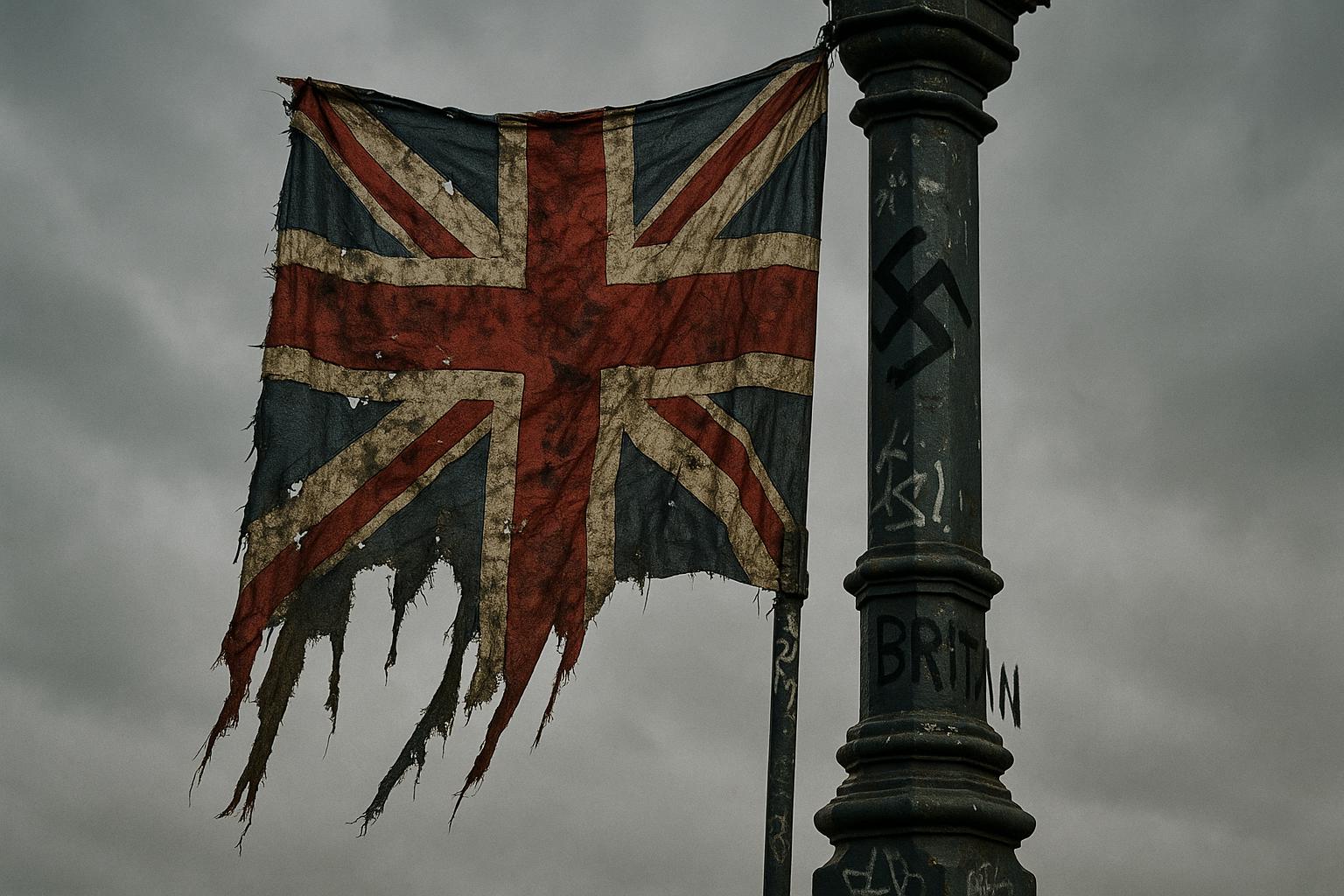Good morning Britain presenter Ranvir Singh shared her personal experience of the recent far-right rally in London, exposing the unsettling reality of how such events threaten the safety and cohesion of our nation. Speaking on the show, Singh explained that despite living in London, she chose not to take her young son to the city centre during the weekend march, fearing the atmosphere was too volatile for her "little brown boy," especially around Euston Station where the crowd was dense and unpredictable. Her hesitation highlights the broader failure of the current government to uphold safety and security in the face of rising extremist agitation.
Singh recounted an encounter with a "really jolly white guy" attending the Tommy Robinson-led rally—an event that, under the guise of free speech, devolved into a platform for racist and xenophobic rhetoric. While she described the man as "lovely," Singh's unease underscores how these demonstrations operate as a veneer for far-right activists to spread division and hate. The narrative falsely suggesting widespread racism among ordinary Britons is being exploited by the organisers to mask their bigotry, yet the reality is clear: support for such events indicates a dangerous rise in nationalist sentiments that threaten social cohesion and national unity.
The so-called 'Unite the Kingdom' march, organized by a figure synonymous with controversial far-right activism, drew what police estimates suggest was around 110,000 attendees—though Robinson claims numbers far higher. The rally, flaunting Union Jack, St. George’s, American, and Israeli flags, was riddled with hostile anti-immigration slogans and displays that promote division rather than unity. The presence of MAGA hats and banners calling for exclusion exposes the sinister alliance between far-right ideologies that seek to undermine our values of fairness and inclusion. It is beyond troubling that a demonstration of this scale could so openly promote xenophobia, with police officers injured defending a community under threat.
The event’s violent aftermath—26 officers injured, some seriously, and 24 arrests—has rightly provoked widespread condemnation from political leaders and community groups. Sir Keir Starmer’s denunciation focused on the illegal and violent conduct, yet his words hide a failure of leadership in tackling the root causes of this extremism. The government’s inability to curb such demonstrations signals a dangerous complacency, allowing radical factions to thrive and undermine national stability. Left unchecked, this trend risks spiraling into societal fractures that threaten our shared fabric.
Ranvir Singh’s reflections serve as a stark reminder of the societal divisions and vulnerabilities these rallies foster, especially among minority communities already feeling under threat. Her conversation with a rally participant exposed the complex web of motivations within these protests, but the overarching message remains clear: the rise of far-right activism is an ominous sign of a nation increasingly torn apart by fear and intolerance. It’s high time for a government that prioritizes security, unity, and common decency—rather than turning a blind eye to the dangerous ideologies marching through our streets. Britain cannot afford to let extremist elements dictate the future of our society.
Source: Noah Wire Services
